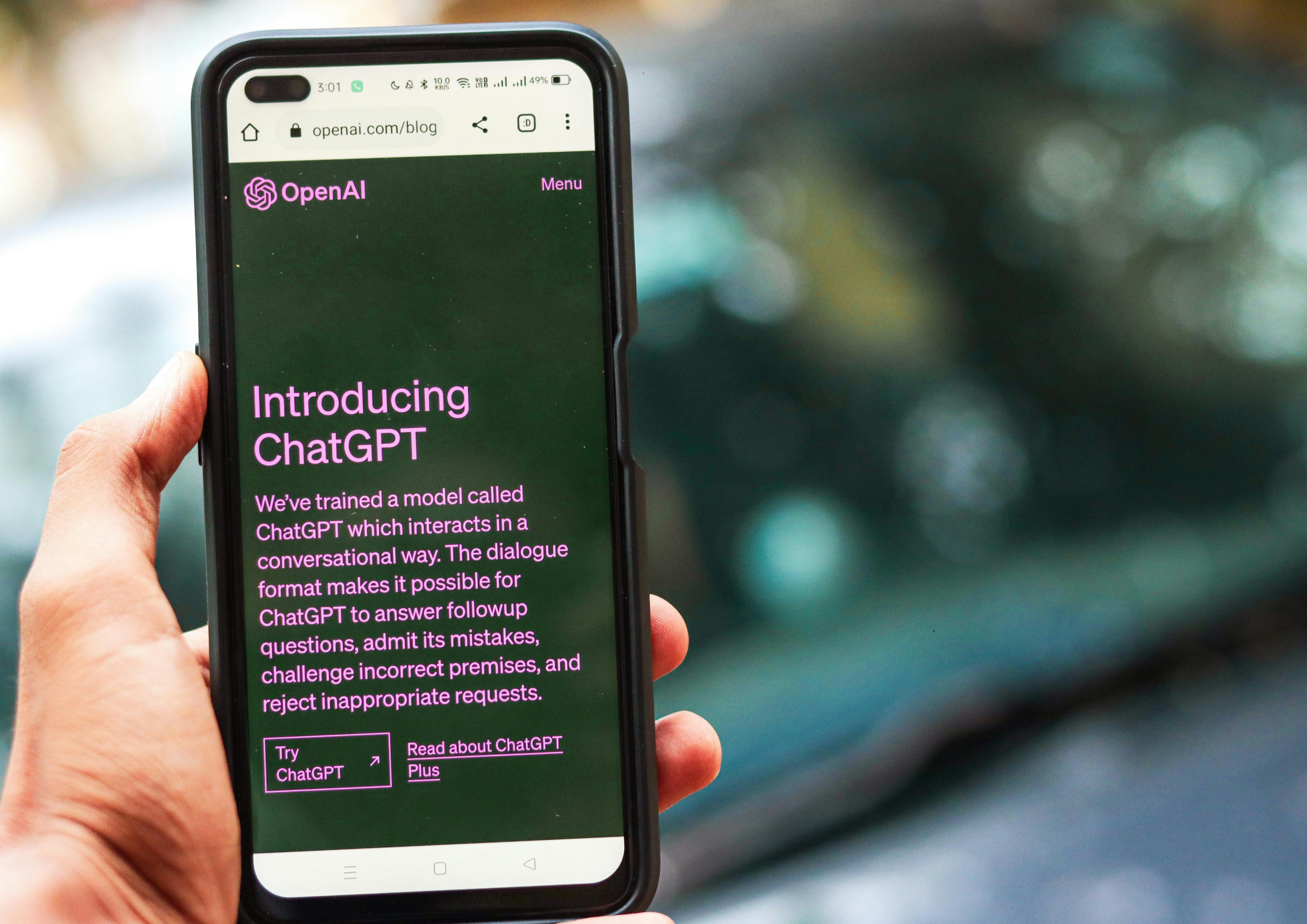How NOT to use ChatGPT: 5 mistakes that might cost you time, sanity, or privacy
If you're not a machine learning researcher, AI architect, or computational linguist, chances are you're feeling a bit lost in the ever-expanding universe of AI news, tools, and self-proclaimed experts.
We get it. We’re not AI experts either — and we’re suspicious of anyone who suddenly is. Especially the freshly minted “AI gurus” who’ve never touched a line of Python or studied anything remotely close to data science, machine learning, or computational theory. That said, we’ve had our fair share of hands-on experience. We once tried to build a custom LLM with a group of real-deal data scientists. Once. But where we’ve really doubled down is using AI to work smarter — not harder. It helped us grow Quasar in a lean, high-impact way: replacing the traditional consulting pyramid of five to six people with a nimble crew of two or three, supercharged by smart AI tools. We've also customized open-source AI tools (yes, the kind freely available to everyone) for real client use cases. Because here’s the thing: AI is powerful — but it’s just noise if you don’t know how to use it correctly.
So, we’re kicking off a series of blogs where we unpack our first-hand experience with AI. Think: practical insights, battle scars, and some honest takes. And naturally, we’re starting with the biggest crowd favorite — Large Language Models, aka LLMs. Especially ChatGPT. So how do you actually use it right — and which facepalm-worthy mistakes should you avoid?
1. Trusting AI Like It’s Your All-Knowing Oracle
Trust is beautiful. Blind trust? Not so much — especially with AI. Tools like ChatGPT are trained on massive swaths of publicly available Internet data, which includes everything from brilliant research... to half-baked blog posts, outdated news, Reddit rants, and flat-out misinformation.
So yes, ChatGPT sounds confident — even when it's confidently wrong. Always bring your critical thinking to the table. Ask follow-up questions. Cross-check facts. And remember: AI is great at sounding smart — but it doesn’t always know what it’s talking about.
2. Believing the Internet Is the Entire World
Even the most powerful LLMs don’t have access to everything. Unless you're using a custom model with proprietary training, the version of ChatGPT you’re chatting with is trained on publicly available data — which means no subscription journals, no academic books behind paywalls, no proprietary industry databases, and definitely no secret sauce. Even the paid version hasn’t read that niche white paper from a gated think tank.
Bottom line? If you’ve studied, read, or worked with info hidden behind an IP wall, you probably know something AI doesn’t. Use that to your advantage — blend ChatGPT’s knowledge with your own. That’s where the magic happens.
3. Stopping at the First Answer
Asking ChatGPT one question and calling it a day is like watching the trailer and thinking you’ve seen the movie. LLMs shine when you explore. Ask the same question from multiple angles. Request different perspectives: “Answer this like an expert,” “...like a critic,” “...like a startup founder.” Challenge the model. Dig deeper. You’ll often get richer insights on round three than you did on round one. Think of it like working with a junior analyst who never sleeps — they’ll give you a first draft fast, but the real value comes when you push for more.
4. Asking Without Giving Context
AI isn’t a mind reader. The more context you provide — your role, your goal, your audience, your industry — the better the response will be. Why? Because LLMs work through probability: they predict the most likely next word based on your prompt. Without context, they default to generic answers. With it, they tailor their responses to your needs. Example: Ask “How do I grow my business?” and you’ll get clichés. Say “I run a bootstrapped B2B SaaS startup targeting HR teams in Europe — how can I grow in Q2?” and you’ll get something much sharper. More context = more relevance.
5. Treating It Like a Safe Space for Secrets
Here’s the thing: unless you're using an enterprise version of ChatGPT with data privacy controls, don’t input confidential information. OpenAI allows users to disable training on their conversations via settings (Settings → “Data Controls” → Disable “Improve the model for everyone”), but this doesn’t mean your data is completely private or immune from storage. Even with training off, there may be logs retained for abuse monitoring or debugging. In short: Never paste in client contracts, private financials, or sensitive strategy docs. Redact. Summarize. Use placeholders.
AI isn’t a magic wand — it’s a power tool. And like any tool, it works best in the hands of someone who knows how to wield it with care, creativity, and context. We’re not AI evangelists or skeptics — we’re curious consultants learning in real time, and we hope this series gives you a shortcut or two on your own journey. More AI explorations coming soon — mistakes, wins, and all.

